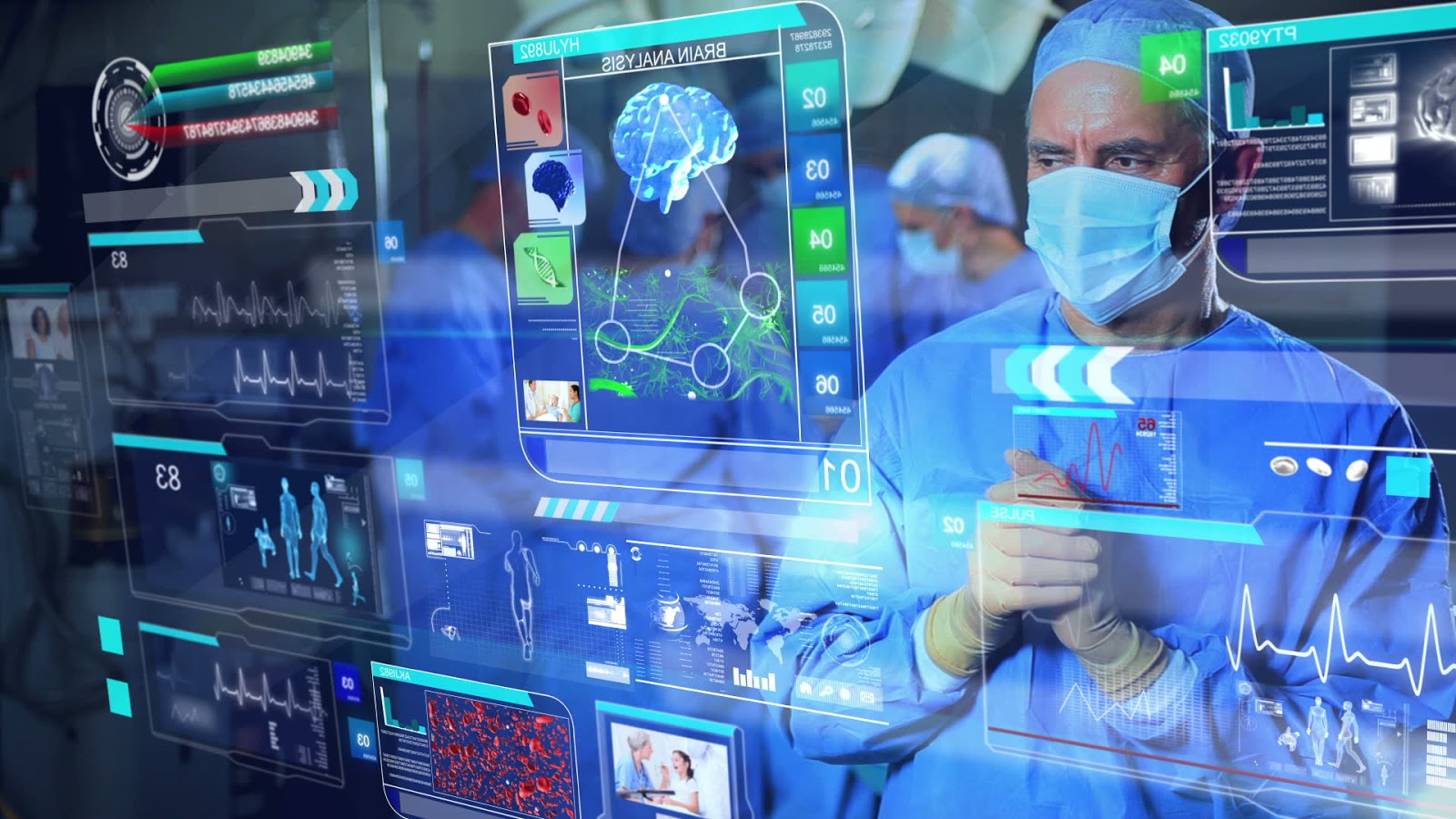Smart Technologies are being leveraged by both individuals and businesses worldwide to ease the quality of life and enhance service levels. Healthcare Technology Management is no exception to this. It uses intelligent applications like the Internet of Things (IoT), Cloud Computing, Big Data, Analytics and Artificial Intelligence to transform the prevailing medical systems to become more patient-centric, personalized and efficient.
Thus, traditional healthcare systems are being transitioned to a multi-level care model that caters to the individualized needs of patients diligently without compromising on efficiency. To cater to this challenging demand, Smart Hospital Technology embraces a host of computer programs to record health information from advanced sensors. This is automatically stored and delivered as actionable insights for taking quick and reliable medical decisions.
Likewise, Healthcare ICT (ICT-Information and Communication Technologies) is being deployed enormously to reduce clinical errors and build robust care systems. That is done by building integrated databases and other applications to empower care operations and practices to improve patient safety, data security and quality of services offered.
Thus, traditional healthcare systems are being transitioned to a multi-level care model that caters to the individualized needs of patients diligently without compromising on efficiency. To cater to this challenging demand, Smart Hospital Technology embraces a host of computer programs to record health information from advanced sensors. This is automatically stored and delivered as actionable insights for taking quick and reliable medical decisions.
Likewise, Healthcare ICT (ICT-Information and Communication Technologies) is being deployed enormously to reduce clinical errors and build robust care systems. That is done by building integrated databases and other applications to empower care operations and practices to improve patient safety, data security and quality of services offered.
The global potential of smart healthcare is promising as we see increased adoption of wearables, portable health detectors, care applications, trackers and IoT devices. Hence, the access to healthcare is literally at the fingertips as it encompasses everything from tracking heartbeats to booking appointments and making online consultations. Healthcare IT Consulting Firms can empower care providers in optimally using this advantage to give a new dimension to value-based care.
Advantages of Smart Healthcare
- Smoother hospital experiences as patient engagements are transformed to address health issues in a short timespan by eliminating waiting times and making health records accessible to all concerned stakeholders in a device-diagnostic manner.
- Better care services and enhanced patient satisfaction due to reduced error rates as doctors gain access to information in real-time. Besides, interactive data helps in making proactive medical decisions fostering preventive care rather than a predictive one.
- Meaningful time usage as patient-doctor consultations is primarily used for designing care strategies and treatment roadmaps based on current, correct and complete medical inputs.
- Enhanced communication and improved extended care as there is a seamless interconnection between various hospital departments resulting in greater collaboration. That leads to fewer insurance claim rejections, lower possibilities of duplicating diagnostic tests and empowered referral interactions between all stakeholders of the healthcare chain.
- Increased security and safety by the usage of perfect tracking systems to make sure that patient is correctly attended at all times and medical equipment are in good working condition to prevent dangerous episodes like electrocution and suffocation.
Some Implementations of Smart Healthcare Technologies
- Smart Pills - Using IoT, edible smart pills have been invented for continuous health monitoring, tracking non-adherence to medication schedules and controlling drug usage. These pills have an inbuilt sensor that can dissolve in the stomach and transmit data to a wearable patch. It is subsequently transferred to an app on the patient’s phone and transmitted to the caregiver via an online portal. So immediate action may be taken and serious consequences are prevented (in case of non-compliance).
- Hypertension Monitoring Systems - Sensor-based intelligent systems are available to monitor the blood pressure of hypertensive patients at home. The patient may thus seek medical help if required or take the required medicines in case of blood pressure surges to prevent cardiac attacks.
- Smart Watches - Healthcare technology companies have devised wearable smart watches that can track and monitor the health of people by assessing various parameters like fitness and activity levels, calories consumed and distance walked. By doing this, patients can note and modify their unhealthy habits that cause diseases and ailments.
- Remote Monitoring - Real-time remote monitoring devices are available for sending information of patients who are located in distant areas to the doctors. The monitoring devices send a signal to the doctor if the patient needs immediate help and thus the problem may be addressed quickly thereby expediting the delivery of care services.
Thus Smart Healthcare Technology positively impacts patient satisfaction and takes care to new improved levels altogether.







0 comments:
Post a Comment